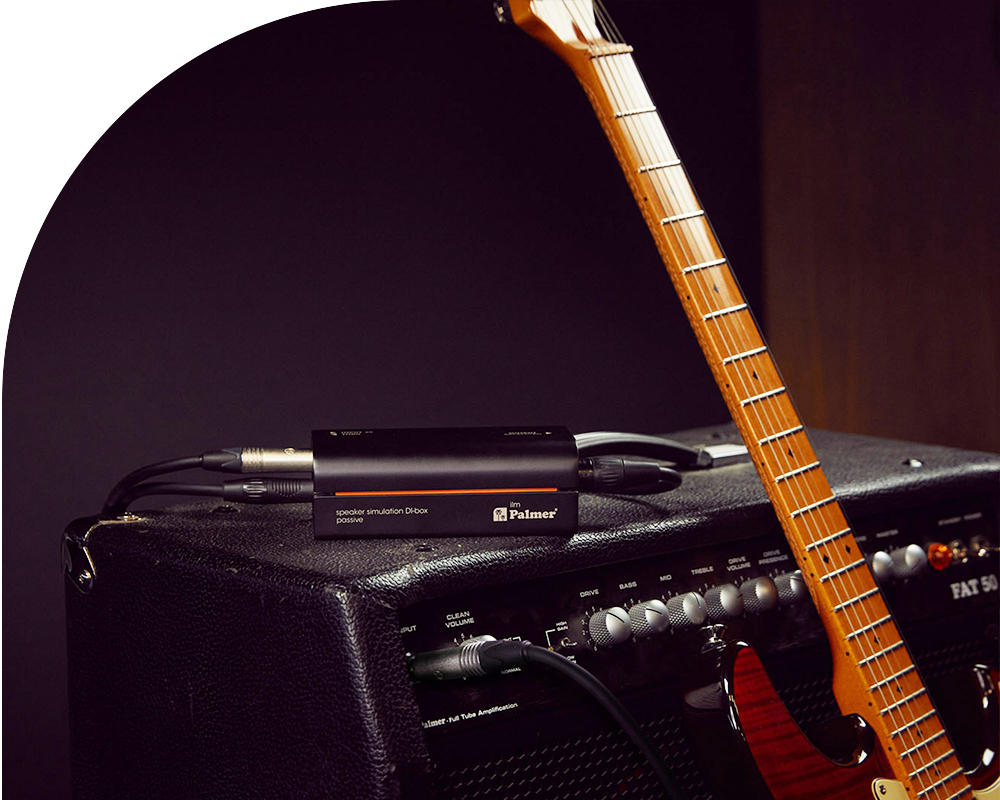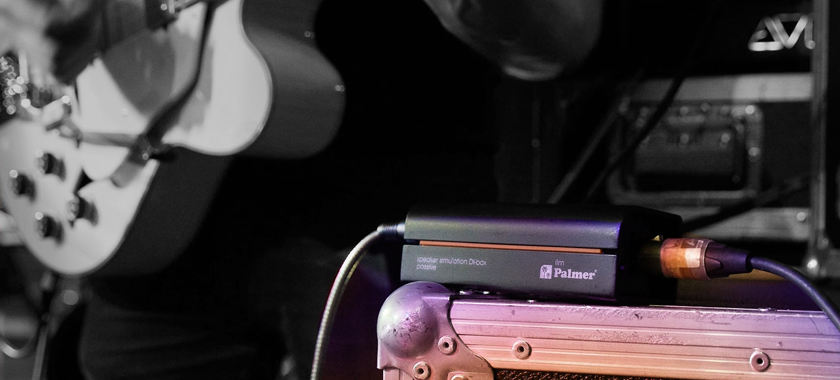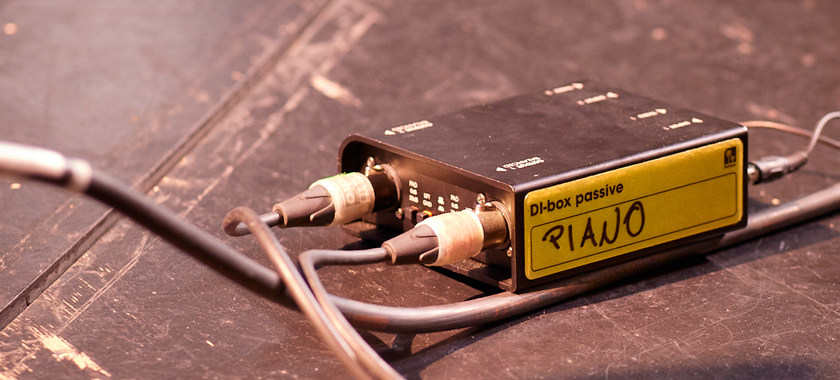Do I Need A DI Box For My Guitar?
As a guitar player or bass player, whether you play electric or acoustic guitar or bass, you know the importance of getting the right sound when performing or recording.
However, the sound of your instrument's passive pickups is not always compatible with the inputs of a mixer or audio interface, which can lead to a dull and weak sound. This is where a DI box comes in, providing a crucial link between your guitar/bass and the rest of your sound equipment.
What is a DI Box, and How Does it Work?
A DI box, or Direct Injection box, is a device that converts an unbalanced, high-impedance signal from your guitar/bass into a balanced, low-impedance signal that is ideal for further processing and amplification.
By doing so, you can get the best possible sound from your instrument while ensuring that your signal is free from noise or interference.
If you are looking for a detailed explanation of the DI box and how it works, I recommend you read our What is a DI box" blog post, where we cover the topic in detail.
Why Every Guitar Player Or Bassist Needs a
DI Box
Here are some of the key reasons why you should invest in a DI box for your guitar or bass setup:
Reduced Noise
A DI box helps to eliminate unwanted noise and hum that can occur when connecting your guitar to a mixer or audio interface, resulting in a cleaner and clearer signal.
Improved Sound Quality
By connecting your guitar to a wide range of sound equipment, including mixers, audio interfaces, and PA systems with no DI input, you can significantly improve the sound quality of your guitar setup.
Easy to Use
A DI box is easy to use, requiring no special skills or technical knowledge. Simply connect your guitar/bass to the DI box and then connect the DI box to your mixer or audio interface. If you experience hum, simply press the ground button, and you’re good to go! The other massive benefit here is that using a DI box means you no longer need to worry about precisely placing your microphone in front of your speaker cabinet before every show!
Cost-Effective Solution
Compared to other options for enhancing the sound quality of your guitar, a DI box is a cost-effective solution that delivers great results, making it a must-have tool for guitar players looking to take their sound to the next level.
Consistency
With a DI box, you have a plug and play solution that will give you consistent tones no matter where you’re playing, or how short your soundcheck might be! With a DI box, you always carry “your sound” in your gig bag.
Active vs Passive for a Guitar DI Box
When choosing between an active and passive DI box, consider the type of guitar or bass you play, and your setup.
If you play an active electric guitar/bass with battery-powered pickups, an acoustic guitar with a built-in preamp, or if you’re running your signal out of a guitar amp modeler, you may want to use a passive DI box.
If you go direct from your electric guitar to a mixing desk or interface, an active DI box would act as a buffer.
Acoustic and Electric Guitar Compatible
A DI box can be used for both acoustic and electric guitars and basses. As a general guideline, you could use an active DI with an electric guitar and passive with an acoustic guitar, but there are also scenarios where you could get good results with the opposite setup.
In conclusion, a DI box is an essential tool for every guitar or bass player looking to achieve professional sound quality, whether you play electric or acoustic guitar/bass, in recording studios or live. A DI box provides versatility, reduces noise, improves sound quality, and is a cost-effective solution for enhancing your guitar setup. Don't miss out on the opportunity to take your sound to the next level – invest in a DI box today!
You’ll make friends everywhere you go
When you rock up to a show with a DI box in tow, the FOH/soundman/woman will instantly be your best friend. Using a DI box makes their job far quicker and easier – you simply give them the feed from your DI box and you’re ready to perform. This saves the production crew precious time they can use elsewhere to help you and your bandmates out with any other issues.
Flexibility
Buying a DI box doesn’t mean you’re limiting your tones in any way. Many DI boxes – such as the Palmer ilm – come with extra sound-shaping speaker simulation options, and don’t forget that you can still continue using your traditional speaker cabinet alongside the DI signal. Some people call this blend the best of both worlds – try it and maybe you’ll agree!
Mono or Stereo
When deciding between a mono or stereo DI box, consider your setup. If you’re using an amp modeling pedal and plan to go directly into a mixing desk for live or studio use, a stereo DI box would be ideal for transferring all your reverb, delay, and stereo amp sounds.
If you have a simple guitar amp setup, a mono or single-channel DI box should suffice. The same is true if you’re running your bass direct.



